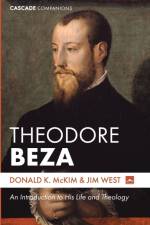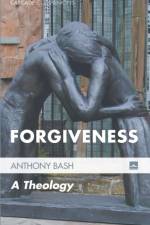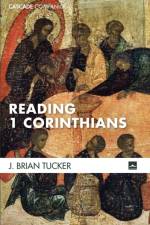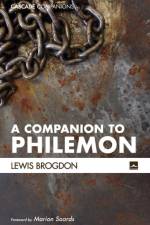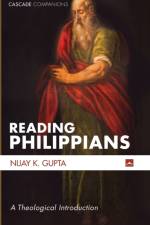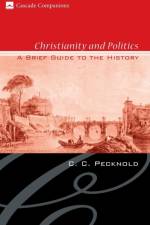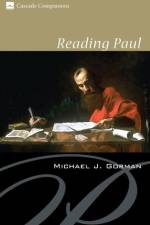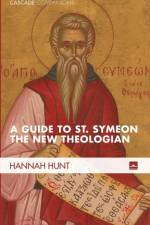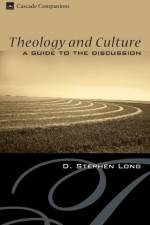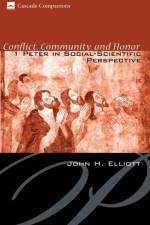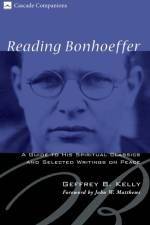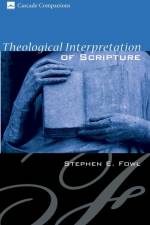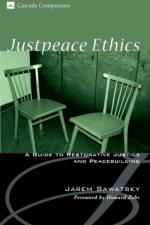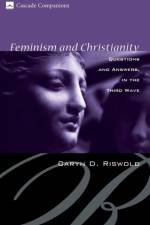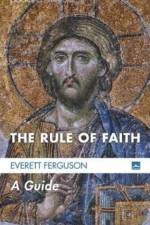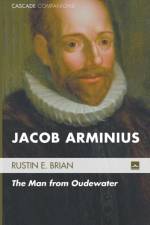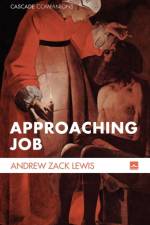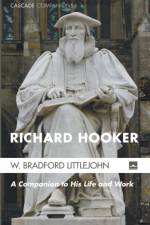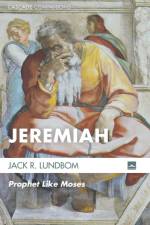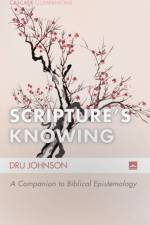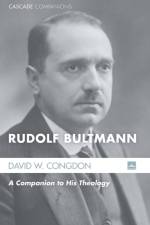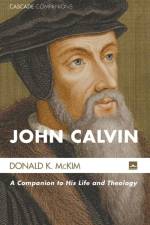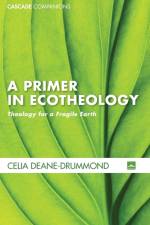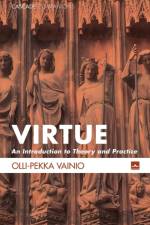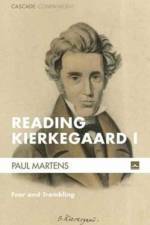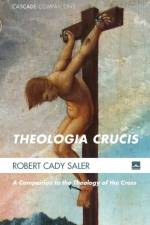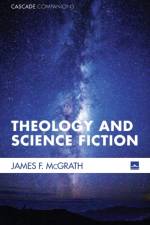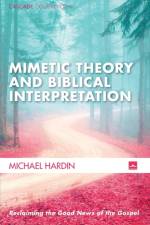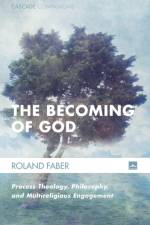av David W Congdon
321
Rudolf Bultmann is one of the most widely known but least read theologians of the twentieth century. He is famous as the one who ""demythologized"" the New Testament, but very few understand what he meant by this or how his hermeneutical program connects to the other areas of his theological project. Bultmann presents a unique challenge to readers, not only because of his radical theological inquiry but also because of the way his ideas are worked out over time, primarily through short, occasional writings that present complex issues in a disarmingly straightforward manner. In this introduction to his theology--the first of its kind in more than twenty years--David W. Congdon guides readers through ten central themes in Bultmann''s theology, ranging from eschatology and dialectic to freedom and advent. By gaining an understanding of these themes, students of Bultmann will have the necessary tools to understand and profit from his writings. The result is not only an accessible guide for those encountering Bultmann for the first time but also a cohesive, systematic presentation of his thought for those wondering how his work might speak to our current context.""With great clarity and insight, focusing on themes which lie at the very heart of Bultmann''s theological project and placing him in conversation with recent and contemporary trends, David W. Congdon has written the best short introduction to Bultmann''s thought. The point is not to ''return'' to the great New Testament scholar and theologian--but neither should we bypass him.""--Christophe Chalamet, University of Geneva""Who better than David Congdon to take us into the work of Christianity''s greatest interpreter of Scripture in the modern period? With an expert''s grasp of the entire architecture of Rudolf Bultmann''s thought, Congdon leads the reader through its conceptual entry points. Here is a reliable primer, likely a classic, to guide both beginning students and well-schooled theologians away from the misconceptions, even myths, so often bedeviling treatments of Bultmann.""--James F. Kay, Princeton Theological Seminary""In these pages, Bultmann stands before us as a difficult but compelling figure, a Christian thinker who took the eschatological vision of the New Testament as his charter and pursued its course with extraordinary tenacity and fearlessness. Congdon sets Bultmann''s thought into critical discussion with contemporary theology, posing sharp challenges to our current preferences for ressourcement and the rule of faith. And he saves the best till last. The book ends with a superb meditation on Bultmann''s Christmas sermons--a glimpse of Bultmann at his most attractive, or most seductive, depending on where you stand."" --Benjamin Myers, Charles Sturt University""David Congdon''s lucid and innovative treatment of Rudolf Bultmann is an excellent contribution to scholarship. Those eager to understand, appreciate, and, most importantly, learn from one of the most important (and, alas, most misunderstood) ''greats'' of twentieth-century European theology have, in this book, an indispensable resource.""--Paul Dafydd Jones, Associate Professor, Department of Religious Studies, University of Virginia""Being master of a subject matter as demanding as Rudolf Bultmann''s theology and a master communicator, capable of introducing that subject-matter to beginning students in a manner both interesting and arresting (!) is rare. David Congdon has that rare combination of skills. This is a wonderful ''guide'' to Bultmann''s thought. Indeed, it is hard to imagine one more perfectly executed. It is a companion worthy of the thought of one of the real giants of twentieth century theology.""--Bruce McCormack, Charles Hodge Professor of Systematic Theology, Princeton Theological Seminary; author of Karl Barth''s Critically Realistic Dialectical Theology (Clarendon Press) and Orthodox and Modern: Studies in the Theology of Karl Barth (Baker Academic)David W. Congdon is asso

